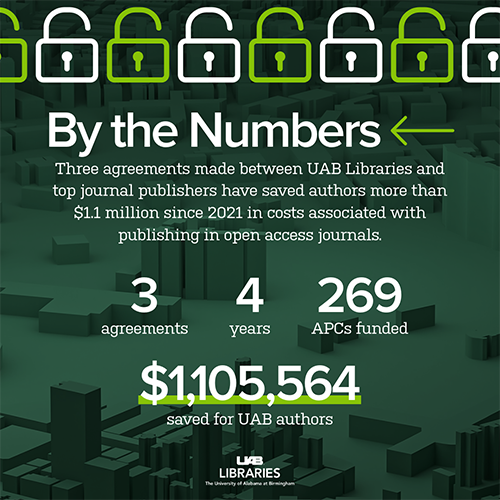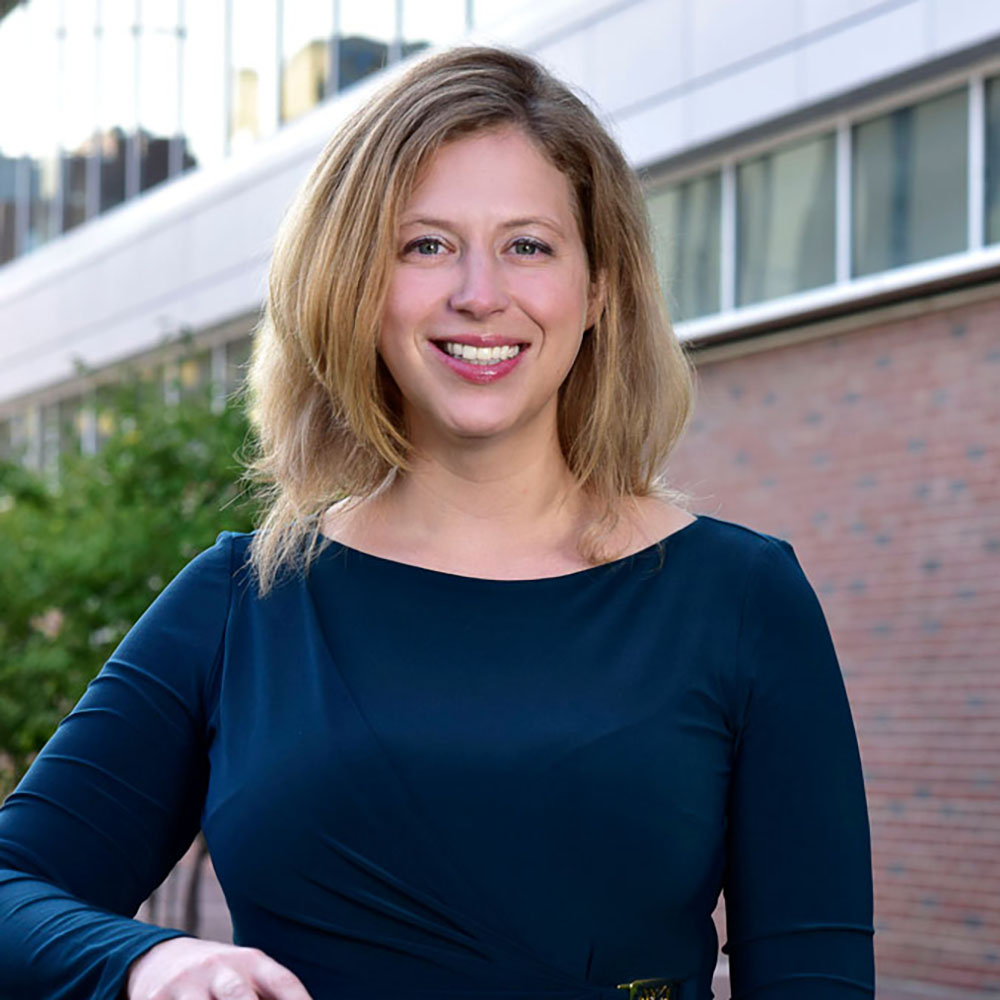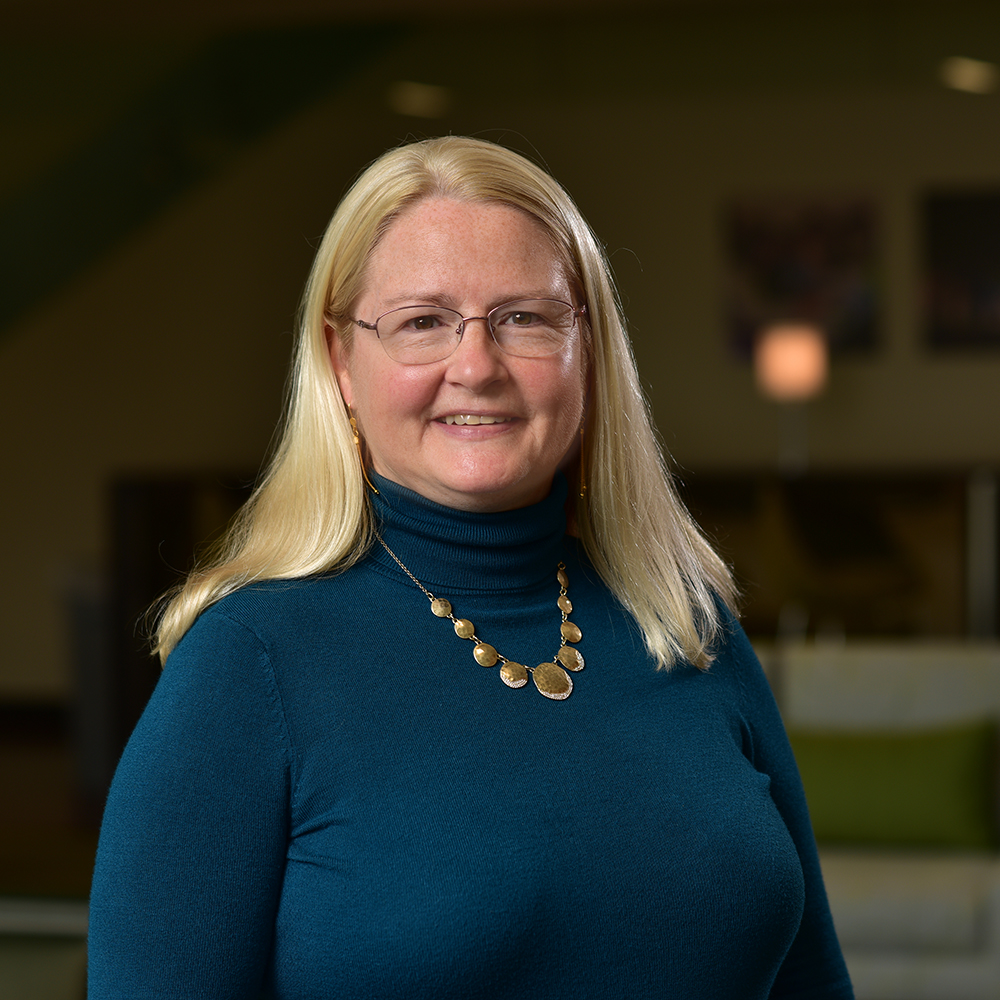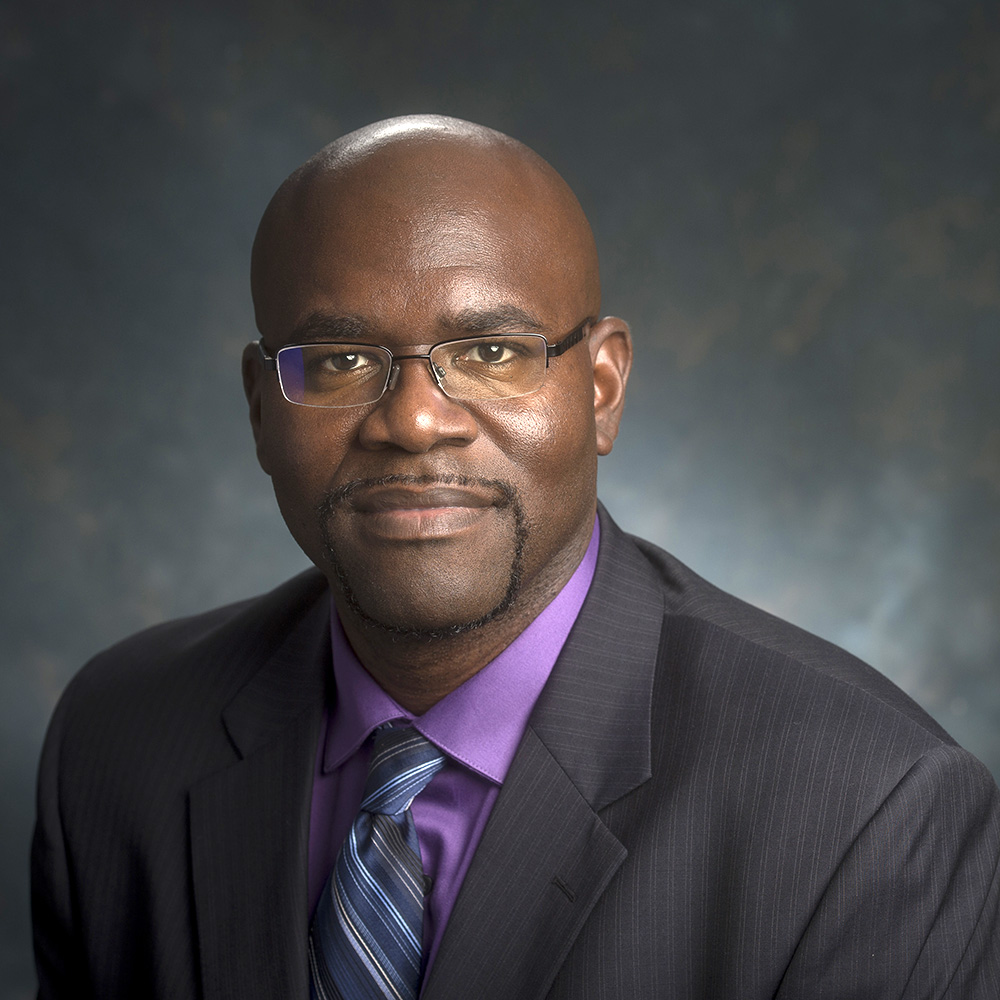 Three agreements made between UAB Libraries and top journal publishers have saved authors more than $1.1 million in costs associated with publishing in open access journals since 2021.
Three agreements made between UAB Libraries and top journal publishers have saved authors more than $1.1 million in costs associated with publishing in open access journals since 2021.
Read-and-publish agreements with publishers Wiley and Springer Nature have saved UAB authors more than $718,000 and $311,000, respectively. They enable lead or corresponding authors affiliated with the university to publish open access in any fully open access or hybrid open access Wiley or Springer Nature journal at no cost to the author — nearly 4,000 journals in total. An additional smaller, yet significant read-and-publish agreement with Cambridge Publishing has saved more than $76,000.
The cost-saving mechanism in these agreements waives the article processing fee (APC) for UAB authors. Unlike traditional publishing systems, open access journals do not require a subscription to access paywalled resources, so to offset that loss of revenue, most collect a charge in order to publish. The average APC cost is just over $1,600, according to an article published earlier this year in Sci Ed. Through UAB Libraries’ agreements, 197 APCs have been funded for Wiley publications since Jan. 1, 2023, with 73 funded for Springer Nature publications since Jan. 1 of this year and 26 funded for Cambridge since January 2021.
With a click of a button or swipe of a phone, UAB employees and students can access millions of online resources with just their BlazerID and password — but those same resources would come at a high cost to unaffiliated individual scholars, clinicians, patients, consumers, policymakers and others who could benefit from accessing resources. When scholarship is published as open access — such as in well-known and highly cited journals like ones published by Wiley and Springer Nature — it removes that financial barrier and better facilitates the sharing of important information.
|
“We are committed to furthering our campus culture of collaboration and innovation through collaborations with external partners — and the significant financial impact of these read-and-publish agreements is a clear demonstration of that.” |
Continuing to prioritize a commitment to open access publishing is crucial for UAB’s mission to drive research and innovation across the enterprise, as outlined in UAB’s strategic plan, Forging Ahead, said Jeff Graveline, J.D., associate dean for Research and Scholarly Communication and director of the Office of Scholarly Communication in UAB Libraries.
“These agreements help ensure that UAB’s scholarly research is available at no cost on a global scale,” Graveline explained. “We are committed to furthering our campus culture of collaboration and innovation through collaborations with external partners — and the significant financial impact of these read-and-publish agreements is a clear demonstration of that.”
Authors from across disciplines have utilized these agreements to publish their work open access — from the schools of Nursing and Education to the Collat School of Business and Heersink School of Medicine. Read testimonials from five faculty researchers who have had one or more APCs waived — and why they feel OA publishing is so important.
Got questions? UAB Libraries can help
Do you have questions about making your work more accessible through Open Access publishing? The Office of Scholarly Communication can help. And that’s not all they do — the OSC can answer questions from Blazers working to establish publishing agreements and understand copyright guidelines, plus provide guidance on incorporating affordable instructional materials into courses.
During the last year, the OSC expanded to include research data management services, offering consultations with researchers to prepare data management plans or select repositories for data. The office also provides instruction on how to organize, document and properly safeguard research data to benefit both research teams and the wider research community long-term.
Learn more about the OSC online.






 Open Access Publishing: What’s in it for me? — Oct. 22
Open Access Publishing: What’s in it for me? — Oct. 22